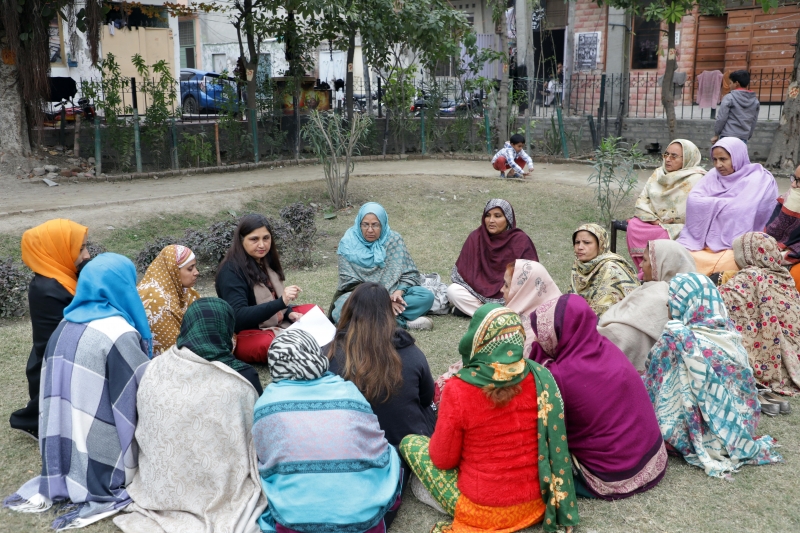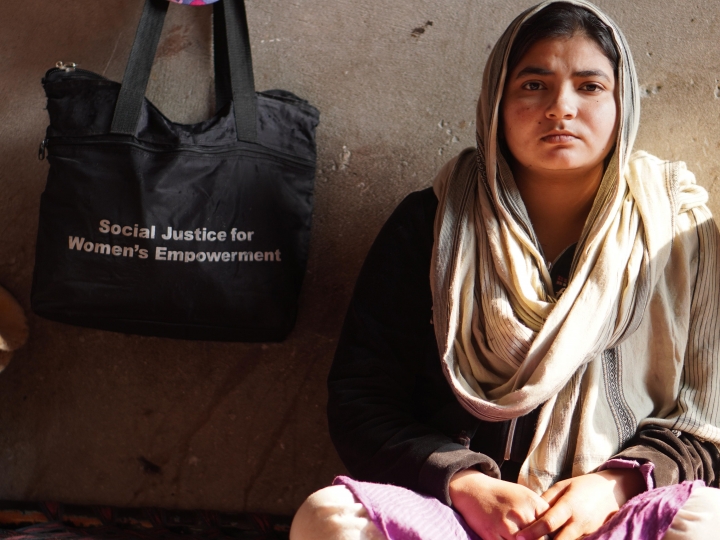WISE is one of NHRF’s women-led partner organizations in Pakistan working directly with domestic worker women and girls. The International Labour Organization (ILO) estimates that there are about 8,5 million domestic workers in Pakistan, most of which are women and children. The majority of domestic workers work within the informal economy and therefore fall outside the scope of labour laws rendering them vulnerable to abuse and exploitation. Discrimination and violence are widespread among domestic workers as many are poor and often fall into exploitative cycles of labour bondage with their employers. A recent WISE media-review of violent incidents related to domestic workers show that 65% of these involved children below 15 years old. 20% of the 51 reports of violence against domestic workers involved cases where the victim had died as a result of murder, torture or rape at the hands of their employers.

Executive Director of WISE, Bushra Khaliq, has been instrumental in advocating for the landmark regional domestic workers act in 2019 which unfortunately is limited only to the Punjab region in Pakistan. Whilst the law has been passed in the regional parliament, there are still considerable challenges related to implementing the law and WISE is a key actor in pushing and advocating for improved implementation by doing outreach with domestic workers and their employers to ensure better safeguards for these workers.
Mere introduction of domestic workers laws is not enough. We need to have its honest and strict compliance. The government cannot escape its constitutional responsibility to save the lives of child domestic workers and provide free and compulsory education to those millions of children under 16 years of age. Immediate radical measures, backed by budgetary allocations are prerequisite to put these poor child workers in schools after withdrawing them from the slavish workplaces and providing their parents with job opportunities. Bushra Khaliq, Executive Director of Wise

